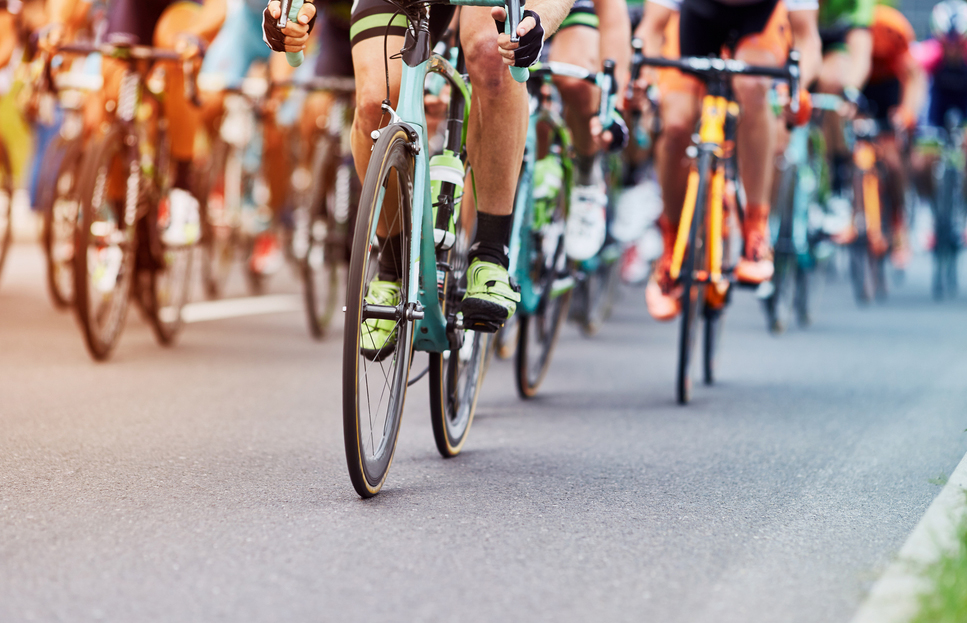Sir — Bike riding is good physical exercise as well as eco-friendly. Research now shows that cyclists are also less exposed to air pollution compared to people who travel in cars and buses.
The latter spend a long time cooped up in toxic air while travelling on congested roads. Given the health and environmental benefits of cycling, it is unfortunate that not many roads in Calcutta have separate cycle lanes; in fact they are unsafe for riding bicycles. The government should take cognizance of this and work towards making roads more cycle-friendly.
Sarthak Chopra,
Delhi
Ailing system
Sir — The news about the death of over 100 infants at a government hospital in Kota last December was shocking. This highlights, once again, the pathetic state of infrastructure in public hospitals. In India, large numbers of children die every year of encephalitis, pneumonia and diarrhoea in spite of these ailments being completely curable. It is also true that awareness about these diseases is relatively low, especially in rural India. Therefore, people often ignore the need for immediate treatment, hospitalizing infants only when they are in critical condition. Further, most public hospitals lack basic healthcare facilities required to cater to the needs of infants.
It is rather upsetting to hear politicians like Ashok Gehlot argue that ‘deaths happen every day in hospitals everywhere and this year saw only 900 deaths against 1,300 or 1,500 in earlier years. To make matters worse, leaders are also using this sensitive topic to gain political advantage over their opponents instead of taking up the responsibility of improving healthcare facilities. It seems that governments, irrespective of their political moorings, are not taking the problems faced by common people seriously.
Kiran Agarwal,
Calcutta
Sir — Infant deaths in Kota have struck a note of alarm about the present state of healthcare in public hospitals. This also underlines a deeper crisis in the healthcare sector. India needs to upgrade its primary and secondary healthcare sectors at the earliest. These are the first point of treatment for patients. Equipping them better would thus ensure that the first-level diagnosis of critical cases is done properly.
The Kota incident also reminds us that we must not take such tragedies lightly. The government should get to the bottom of the problem by assessing infrastructural gaps and taking measures to prevent a repeat of such tragedies. If government hospitals are managed and utilized properly, they can support the poor and the needy who rely on public healthcare services as they cannot afford private hospitals owing to exorbitant charges.
I hope that the government will rise to the occasion and the Opposition will act responsibly by pressurizing the government into improving the healthcare system.
Ramesh G. Jethwani,
Bangalore
In pain
Sir — The Pongal festival in Tamil Nadu brings with it polemics on the practice of jallikattu every year, but to little effect on the ground. Clearly this year will be no different. This traditional rural sport is no doubt dangerous and barbarous, wherein youth participating in it have also lost their lives on occasion. Animals fare no better. Bulls are often kicked, punched and dragged on the ground. They are mostly domesticated, peaceful animals. They do not run out through the vadi vassal into the jallikattu arena unless they are provoked. Provoking involves biting their tails, poking them with rods and putting chilli in their eyes.
The Indian jurisprudence, thankfully, has taken a new turn: the ability of animals to feel pain is increasingly being recognized by law. It will not be too long before animals do not have to be subjected to abuse at the hands of humans for the sake of food or in the name of culture.
Ranganathan Sivakumar,
Chennai
Sir — When will men stop associating the cruel festival of jallikattu with their misplaced sense of pride in their masculinity?
Asha Mishra,
Calcutta











